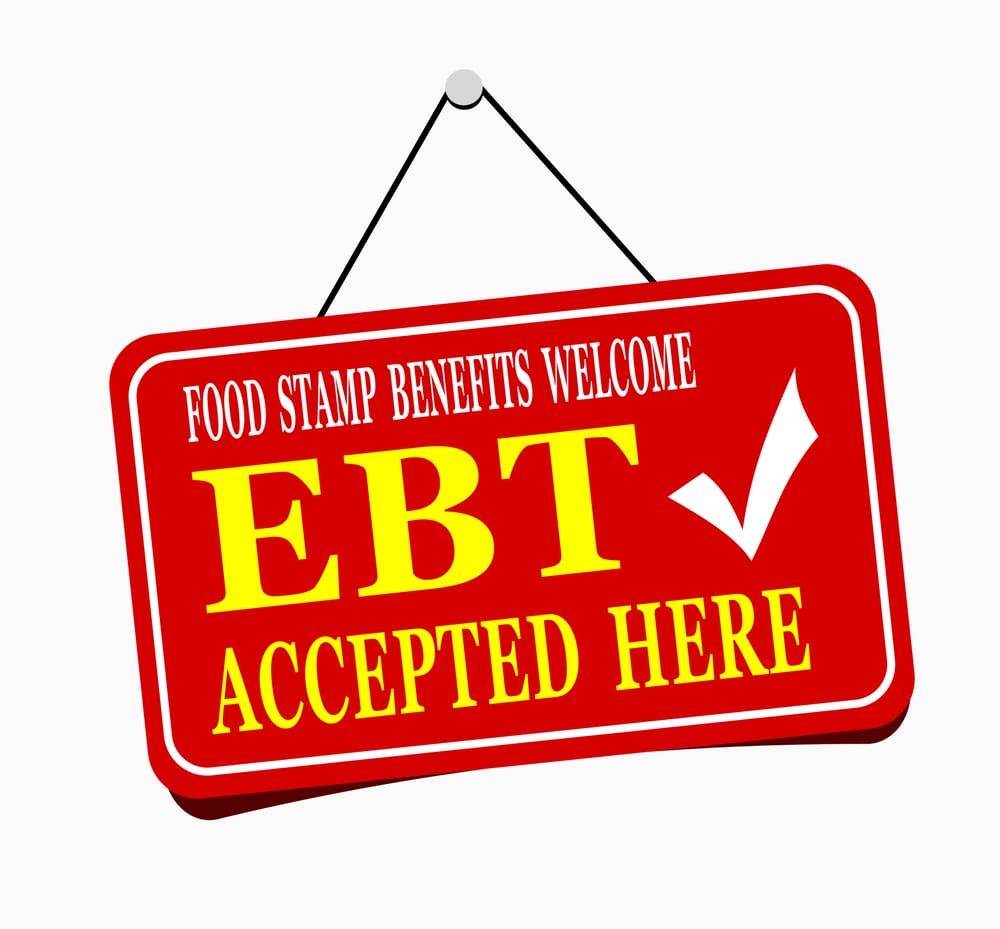The latest Wall Street panic and sell-off have people talking of great depressions and recessions, and whatever other financial catastrophe obsession a confession to a psych or priest could offer. But before we go jumping out the window with this one let’s remember one key fact that us professional poor know: it’s gonna be alright. Most of us don't have stocks to worry about. We’ve depleted our 401ks, maxed out the cards, and our credit score is so low it could win gold at the Limbo Olympics. Silver goes to our maxed-out cards, and bronze to the last shreds of our dignity.
All of this doomsday chatter reminds me of a fond time in my life. Circa Y2K, Arkansans in my neighborhood of all colors and sizes were concerned slightly about the computer bug coming to kill us all, but more so about the State’s change to electronic card benefits for food stamps. This was the real crisis that was feared by a class of folks who practiced a little talked about, but well-used by both the prominent in town and the lesser-known: the illegal practice of stamp trading.
To make ends meet, good folks will bend the law until it breaks, sharpen the ends, and stab you in the eye to feed their children. At this time period, in Monroe County, approximately one thousand five hundred families relied on government assistance such as food stamps and Section 8 housing (FRED, CityPopulation). The demographics of these families were diverse: about thirty-four percent were Black or African American, fifty-five percent were White, and the rest comprised other races and ethnicities (Census Reporter). The average household size was around two and a half individuals, with many working in low-wage jobs in agriculture, retail, and service industries (USAFacts).
This hustle was understood and overlooked in our small community as it fed folks and helped more than reporting would. Broken homes and parents in jail for taking advantage of a system put more strain on the same system and damaged the families it was meant to protect. The hypocrisy was not missed on either side of the political aisle in our small community. Though often divided among racial lines, Brinkley always practiced the teachings of community service and charity taught and ordered, with love, by Christ.
So when the news spread that paper stamps were going away, folks started collectively losing their shit. Fast forward briefly (The parallels between investors today drew me straight to this, and it’s hilarious.). The shade trade had been made… kinda. Either way, the jig was up and the creek was running dry, and the end felt more than neigh. Household budgets in the middle and upper classes would be busted since where I’m from, big families were still a thing, and kids eat more than goats.
Well, as always, necessity is the mother of all invention and felonies, so the PIN exchange and change was invented, and the financial shade trade collapse, prevented. And Y2K? Only some egos slightly dented. Our history teacher literally cursed us all out, blamed “Mexicans” for our problems, told us that the bombs would launch at midnight, but either way, he was retiring and wished us a salty “good luck”. He was the second funniest racist I’ve known but nowhere near the first teacher to bleet out such views bravely and boldly without consequence. Brinkley was a strange place at times. *Black guy shrug*
The most recent financial meltdown on Wall Street was one of the most severe since 2022, driven by a combination of weak job data, global market instability, and fears of an economic slowdown. The Dow Jones dropped more than one thousand points, the Nasdaq fell into a technical correction, and the S&P 500 tumbled significantly. This latest panic is a vivid reminder of how out of touch the financial elite are with the everyday struggles of ordinary people (Investopedia, Nasdaq).
While billionaires and investors are losing their minds over stock valuations and market volatility, those of us who have always lived on the financial edge know that this is just another day. We’ve been hustling, scraping by, and dealing with economic uncertainty our entire lives. George Carlin put it best when he said there’s a big club, and we ain’t in it. The working man, the common person, the ones on assistance or just above the line – they’re not worried about Wall Street. They’re worried about making it through the month without having their utilities cut off.
Adding to this farce are the high-profile fraud convictions of billionaires who defrauded the American people despite already being wealthy. Former President Donald Trump was convicted on thirty-four felony counts of falsifying business records in a scheme to influence the 2016 election through hush money payments (AP). Meanwhile, Fox News faced a fraud conviction for spreading misinformation, showcasing the hypocrisy and greed at the top tiers of society. These are the people who want to lead us and tell us what to believe? Absolutely not.
The media hype around financial markets often forgets the millions who have no stakes in these fluctuations. Their reality is shaped by immediate needs and the constant hustle to survive. Victimless crimes, side hustles, and grey-area jobs like DoorDash are ways to make ends meet, not choices made lightly. While rich people committing fraud to amass more wealth is inexcusable, it’s understandable why a struggling person might take desperate measures to secure basic necessities during a crisis.
This divide between the financial elite’s panics and the everyday struggles of regular people highlights a fundamental disconnect in our society. As the rich fret over their shrinking portfolios, the rest of us will continue to do what we’ve always done: find a way to get by, support each other, and laugh at the absurdity of it all.
This post originally appeared on Medium and is edited and republished with author's permission. Read more of William Spivey's work on Medium.
